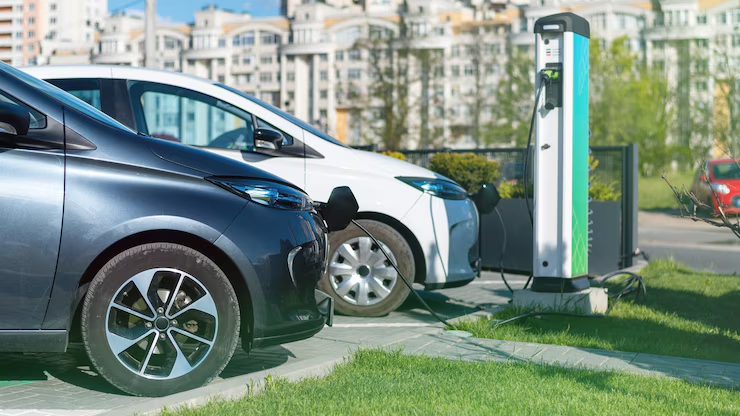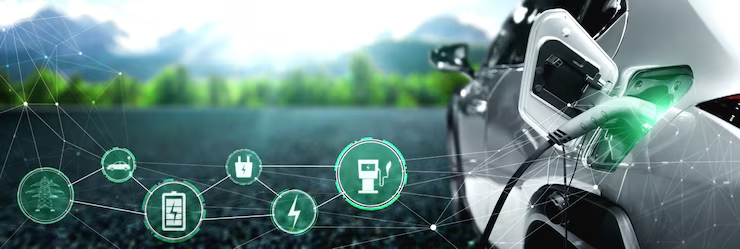introduction
As we navigate 2025, the debate between electric vehicles (EVs) and gasoline-powered cars intensifies. With advancements in technology, shifting economic factors, and growing environmental concerns, choosing the right vehicle requires careful consideration. Here’s a comprehensive comparison to help you decide which option suits your needs best.

Cost Comparison: Upfront and Long-Term
Upfront Costs: EVs generally have higher initial prices, averaging around $59,200, compared to $47,500 for gas-powered cars. However, this gap is narrowing due to decreasing battery costs and increased production efficiency. San Francisco Chronicle
Operating Costs: EVs offer significant savings over time. They have lower fuel costs—charging is approximately 40% cheaper than gasoline—and reduced maintenance expenses due to fewer moving parts. San Francisco Chronicle+1 The Electric Car Scheme+1 Incentives: Government incentives, such as tax credits and rebates, can further offset the higher upfront costs of EVs, making them more financially accessible. San Francisco Chronicle+2 Quikr EV+2 Lifewire+2
Environmental Impact
Emissions: EVs produce zero tailpipe emissions, contributing to cleaner air and reduced greenhouse gas emissions.Energy Source: The environmental benefits of EVs are maximized when charged using renewable energy sources. However, the production of EV batteries does have an environmental footprint, which is an important consideration. Lifewire
Performance and Driving Experience
Acceleration: EVs provide instant torque, resulting in quick acceleration and a smooth driving experience. For example, a Tesla Model 3 can accelerate from 0 to 60 mph in as little as 3.1 seconds. Boruto Range and Refueling: Gasoline cars typically offer longer ranges and faster refueling times. However, EV ranges are improving, with many models now exceeding 300 miles on a single charge. Charging infrastructure is also expanding, enhancing the convenience of EV ownership. Lifewire
Maintenance and Reliability
Maintenance: EVs require less maintenance due to fewer moving parts and no need for oil changes. This translates to lower long-term maintenance costs. San Francisco Chronicle
Reliability: Both EVs and gas cars have proven reliability, but EVs benefit from fewer mechanical issues related to complex engine components.

Conclusion:
Choose an EV if: You prioritize environmental sustainability, lower long-term operating costs, and a modern driving experience.DAX StreetChoose a Gas Car if: You prefer lower upfront costs, longer driving ranges without the need for charging, and widespread refueling infrastructure.Quikr EVUltimately, the decision between an electric and a gasoline-powered car in 2025 depends on your individual needs, driving habits, and values. As technology continues to evolve, both options offer compelling benefits.A detailed comparison of electric and gasoline-powered vehicles in 2025. Discover which option leads in performance, cost-efficiency, environmental impact, and long-term value. Whether you’re buying your first car or upgrading, this guide helps you make the smartest choice for the road ahead.

